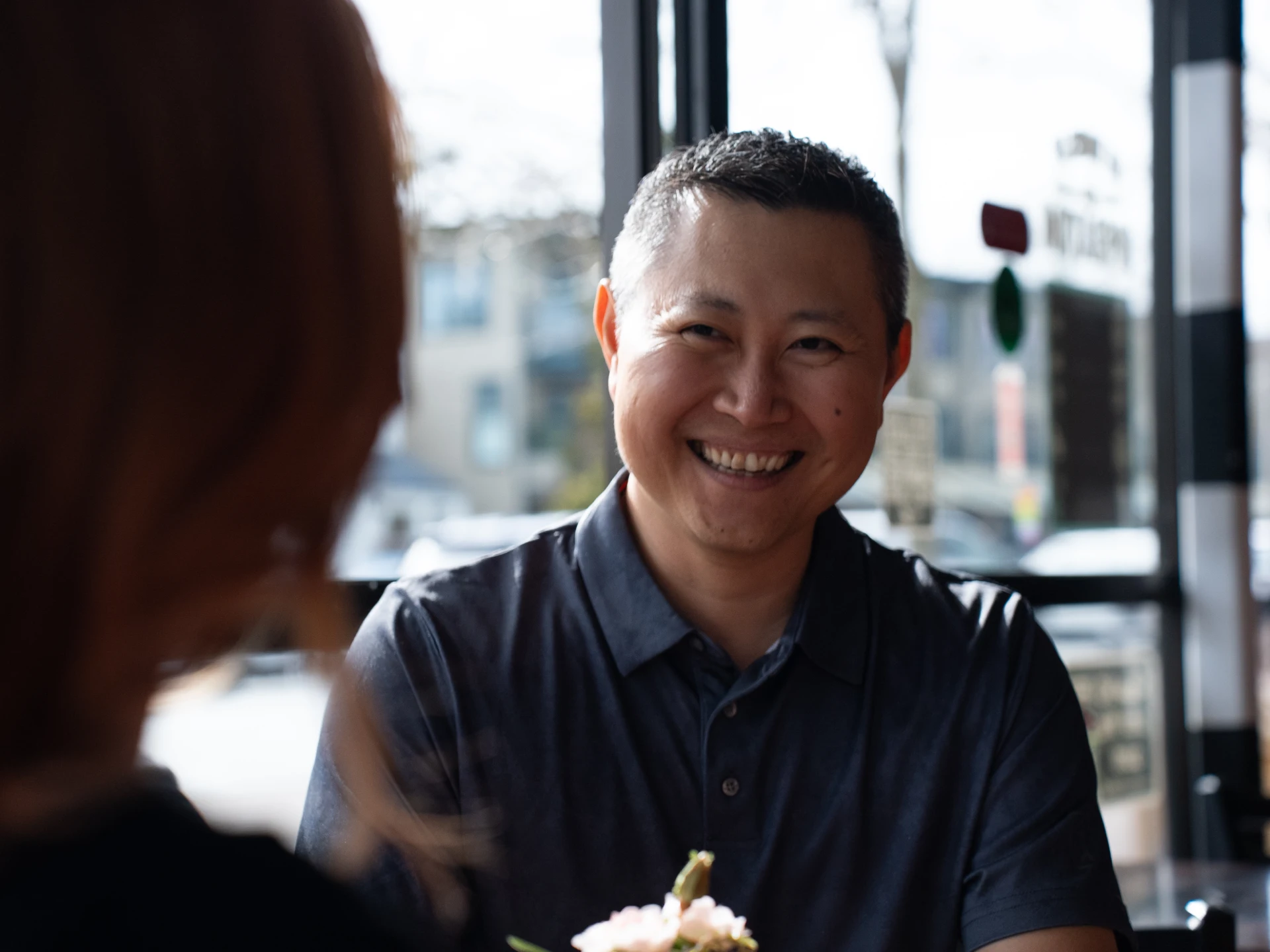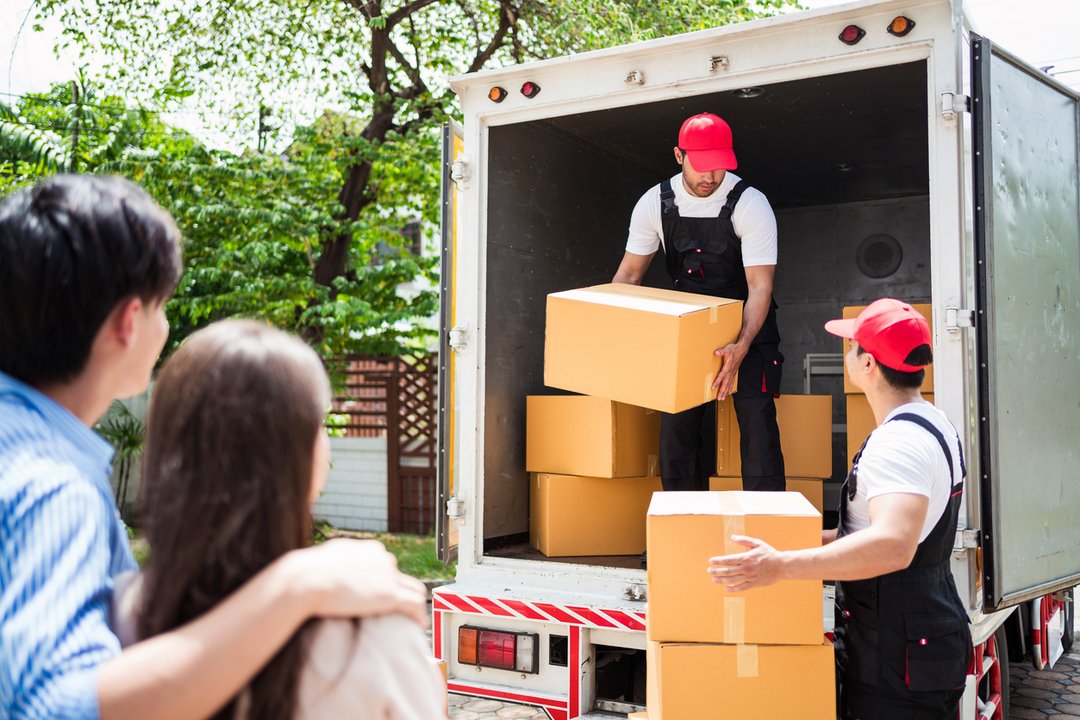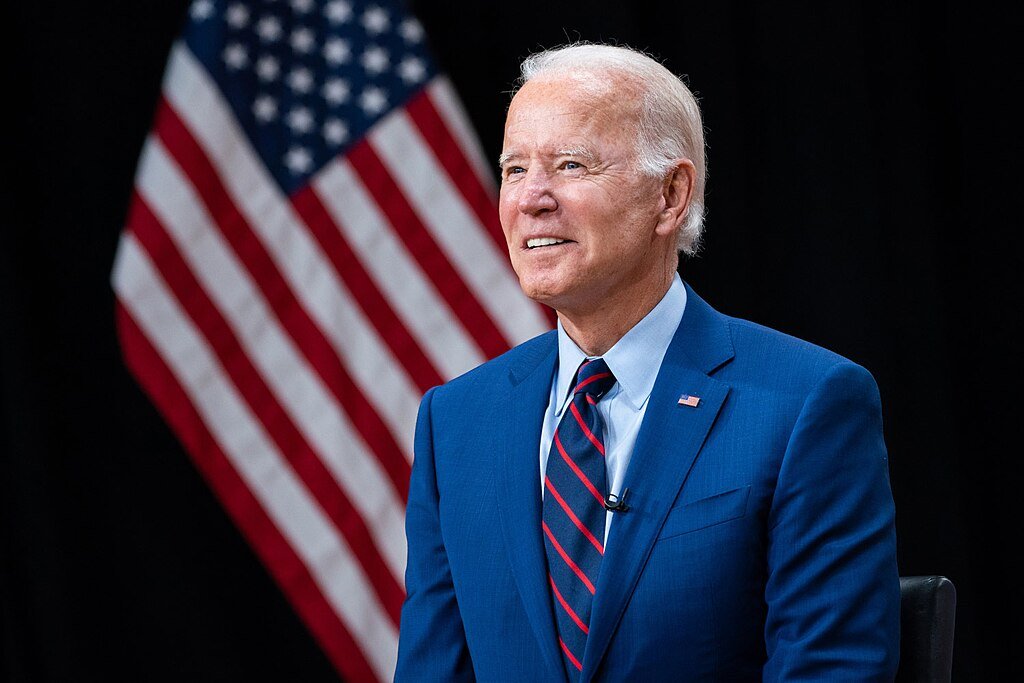Aug 05, 2024
Show me the money: Down payment and closing costs
Posted on:Jan 25, 2022

As a mortgage professional, I will work through your situation with you to ensure that you have enough money to close on your home. I will also help ensure you are using your cash most effectively.
Everything starts and ends with your savings. This is the pool of money that you will need for the deposit, remaining down payment, and closing costs. There are laws in place to ensure your funds are legitimate and from confirmed sources, and this is what must be documented.
Sources of down payment:
Sale of a home
This is easy to document as we only need to show the sale contract with subjects removed, the mortgage statement, and our calculation of your net cash flow from the sale. We will factor in:
1. Real estate selling costs
2. Mortgage balance, including any penalties
3. Legal fees to close the transaction
Savings/Chequing
We will need to show a 90-day history of the funds in the accounts. You will need actual statements, not screen shots, with your name, address and account numbers. It is ok if the bank accounts are accumulating through the 90-days as long as we can see the source. Your statements will typically show payroll deposits and this is completely acceptable. The problem will be if there are large deposits. Each one will require an explanation. Did you sell a boat? We will likely need to prove that.
TFSA/Stocks and investment funds
Just like your bank account, you will need to show a 90-day history with statements. The most common issue is these account statements will typically be generated quarterly. If you are between quarters you will need to find a way to get interim statements. These have to be actual statements, not screen shots, with your name, address and account numbers.
RRSP
You will have to show proof as above with the TFSA section. On top of this, you will need to send the lender holding the RRSP a Home Buyer’s Plan withdrawal form to complete. This can take up to 10 business days. If you choose to use your RRSPs for your down payment, you must realize that you will have to pay it back over 15 years at a minimum rate of 1/15th every year beginning the 2nd year after the year when you first withdrew the funds. If you pulled out the max $35,000 RRSP, that will be approx. $200/mo you will need to set aside. This is on top of your mortgage payment. If your cash flow is already tight, this makes it worse. Alternatively, if you do not replace 1/15th of the amount withdrawn in any given year, that amount will be added to your income for the year and taxed at your marginal tax rate.
Cryptocurrency
Most lenders do not accept this right now primarily because it is so hard to prove that you own it and that the funds are legitimate. This is changing rapidly as more companies are jumping on board and you are able to get actual statements. Because the market is so volatile, lenders still may not accept it
because the value on the day you sell it may be substantially less than what is required. If crypto is a big part of your down payment, we will need to have a much more in-depth discussion on how to use it.
Gifts
Gifts are a completely legitimate source of down payment, as long as:
1) It can be verified – this may be through a simple gift letter and proof of deposit into your account. Or it can be complicated with some lenders requiring a 90-day proof of funds from the giftor and/or a signed verification form from their bank.
2) The gift must come from a straight line in your family tree. Which means gifts are acceptable from your grandparents, parents, and children.
Gifts from aunts and uncles, cousins, brothers and sisters can sometimes work, but will require quite a bit more due diligence. Does the explanation meet the smell test? Lenders will think these are more loans in disguise than actual gifts. Gifts require no repayment.
A note on deposits:
A deposit is the amount you are required to pay in order to create a legally binding contract of purchase and sale. There is actually no “standard” or minimum required. It is a belief that a large deposit shows serious intent in a purchase offer and will help sway the seller to accept your offer. If something goes wrong, the seller can’t simply keep the deposit as it is held in trust. So, work with your real estate agent to come up with something that makes sense for you.
The exception is if you buy a pre-sale home. You will have to follow the required schedule of deposits set out in the purchase contract.
Closing costs
Closing costs create a lot of stress because buyers believe there are “hidden” costs and therefore they do not know if they will have enough money for them. These closing costs cannot be included in the mortgage and must come from your own resources. Many lenders will want to see that you have enough to cover these costs; however, most will only want to see that you have 1.5% of the purchase price set aside for closing costs. This may be too much or not enough, depending on your circumstances.
As part of my service to you, I will do my best to help you estimate your closing costs. However, your real estate lawyer will have a much more accurate number for you.
Here are the closing costs you should be aware of:
1. Property transfer tax. This is the big one. It’s a tax that is charged whenever property changes hands in B.C. regardless of if it is a new or existing home, or simply land. There are many calculators online to estimate this. I like this one: https://bcrealestatelawyers.com/pricing/property-transfer-tax/
2. GST charged on a new or substantially renovated home. GST is 5%, but is subject to rebates. You will know far in advance if GST is required as it is disclosed upfront. There many calculators online to estimate this. I like this one: https://bcrealestatelawyers.com/pricing/goods-and-services-tax/
3. Legal fees and disbursements. If you are purchasing a home with a mortgage, I would budget $1300 to $1500. If you are also selling a home, I would add another $700 to $900 for a total of $2,400. This estimate would include title insurance and strata forms.
4. Interest adjustments. For example…If you purchase your home on the 25th day of the month, you may need to pay an interest charge for the 5 to 6 days until the end of the month before your mortgage officially starts on the first of the following month.
5. Property tax adjustments. Taxes in BC are paid on July 1st for the entire year. If you are buying the home before July 1st, the seller will end up paying you for the months they still owned the property. If you buy the home after July 1st you will have to pay them for the months they have “pre-paid” for you. In a worst-case scenario, plan on paying 7/12 of the annual property tax bill.
6. Property appraisal. Typically, you will have paid this upfront during the subject removal phase. However, sometimes the lender will charge this later if they paid for the appraisal initially. Costs typically range from $100 to $450.
7. Home insurance. This is the most often overlooked closing cost. Lenders will require that home insurance is in place prior to funding your mortgage. Costs will vary greatly, but plan on approx. $1200 to $1500. If you are purchasing a strata property, it will typically be only $150 as the strata will carry the bulk of the insurance costs.
8. Mortgage broker fees. If the lender is paying us, then these fees are $0. However, if it is a private mortgage, then there will be fees attached. These would have been fully disclosed to you upfront when you started working with us.
9. Miscellaneous costs. Always plan on the little things that creep up. If the seller has pre-paid some bills, you’ll need to reimburse these at closing. Don’t forget to have a budget for moving costs.
10. Building inspection. While this isn’t necessarily a closing cost, I mention it so that you make sure to plan for it in your budget. The building inspection is usually $500 to $700. Typically you pay them upfront, and the inspector will walk through the property with you before you remove your subjects.
It is important to work with your real estate lawyer to determine exactly what you will pay so that you can plan your purchase properly. The last thing you want to do is be short funds on closing. Asking for a last minute gift and re-opening the mortgage file is very stressful.
Your lawyer will typically have you make an appointment to sign documents a few days before the closing and will provide you with a Statement of Adjustments outlining the costs. They will add up all the costs and the down payment required and then send you away to get a bank draft for that amount.
It is important that you do not move money around until we tell you it is safe to do so.
If you have any questions throughout the process, please contact me at any time. It is always better to be safe, than sorry.
Written by Mortgage specialist Vy Tri Truong




